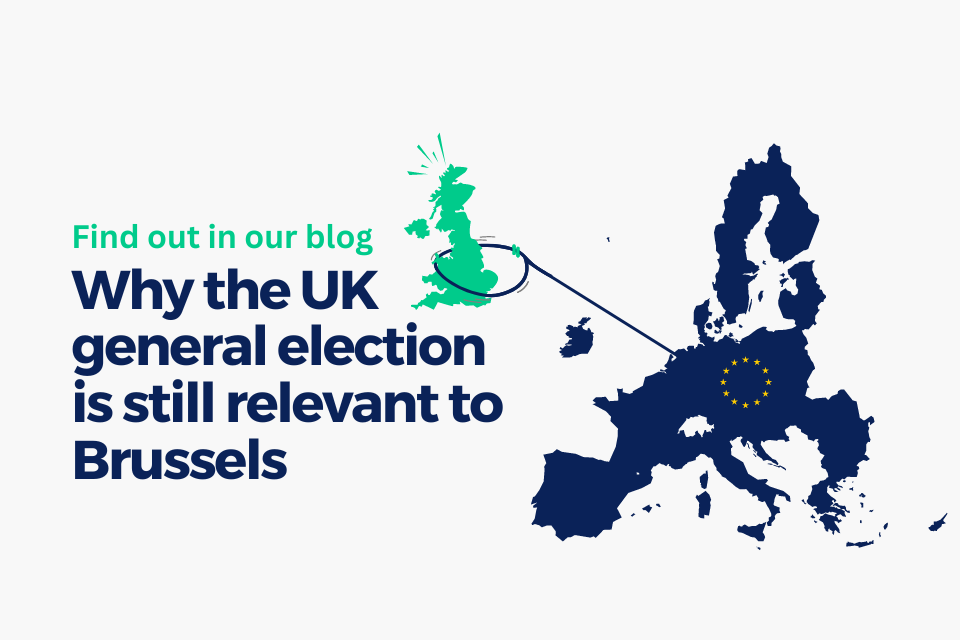European recovery fund signals the extent to which Europe is united post COVID-19
A HISTORIC BREAKTHROUGH.” “BIG STEP FORWARD.” “A NEW CHAPTER OF THE EUROPEAN UNION.” “HAMILTONIAN MOMENT.”
The plaudits for the €500bn EU recovery fund proposed by French President Macron and German Chancellor Merkel are so high-powered, almost excessive, they betray a deep-rooted anxiety about the entire European integration project.
Indeed, much of the public discourse in Europe (and elsewhere) during the Coronavirus pandemic and social/economic lockdown has centred around the very survival of the EU. The country-by-country discrepancy in infection rates/deaths and, especially, the obvious lack of solidarity displayed in initial responses to lack of healthcare system capacity in some EU27 member states raised the spectre of a renationalisation of Europe behind closed borders.
Wolfgang Ischinger, seasoned German diplomat and head of the Munich Security Conference, has raised the “survival” question in the wake of the “existential” challenge posed by COVID-19. The EU is often, and often mistakenly, viewed as facing existential threats but, one might say, this time it’s serious.
The Macron-Merkel proposal envisages the EU, through its budget (Multi-annual Financial Framework or MFF) whose limited borrowing powers would be heftily expanded, raising €500bn in credit on financial markets and redistributing it in the form of grants – nota bene, not loans – to member states most grievously impacted by the pandemic. That, by and large, means southern Europe – especially original founding member Italy which has already begun talking of an eye-watering €100bn for itself alone.
Does this amount to a “Hamiltonian moment” (after the eponymous US treasury secretary who agreed that the federal government should take on the states’ debts)? No. As the Financial Times points out, the plan does not envisage a permanent system of mutualised debt, including of legacy debt such as that (€2.4 trillion) amassed by the Italian state. It has none of the features of the post-financial crisis plan for eurobonds put forward inter alia by the German economic experts’ council and immediately binned by Angela Merkel.
On the other hand, the plan does not come – as with the bail-out programmes of the last decade – with the “men in black” from the troika of European Commission, ECB and IMF imposing vicious austerity on, say, ‘feckless’ Greeks. (Quite how the EU’s credit will be repaid is another matter.) And there are some eurofederalists who think it does not go far enough; they envisage a MFF set at 2.5% of GDP (rather than just 1% as now) and capable of disbursing €400bn in bonds a year over seven years.
FRUGAL REACTION
Inevitably, there has already been row-back from the “frugals” – Austria, Netherlands, Denmark, Sweden – which want disbursements to be in the form of loans, not grants, and tied to “structural reforms” (EU-speak for deregulation and internal devaluation or pay cuts). As do some central and eastern European member states.
But the recovery fund proposed by the traditional Franco-German motor of integration has a dynamic momentum behind it: popular in France, it has the backing of 51% of Germans according to a recent poll, with 34% against. And Dutch-style parsimonious fiscal rectitude is not today’s speciality on the EU menu as The Hague has found out.
We shall know more this week (May 27) when the Commission unveils its own version of the recovery plan. This will be linked to the “country-specific recommendations” set out recently for each member state in the European Semester. For the first time they cover investment in public health and healthcare system resilience alongside stability, fairness, environmental sustainability and competitiveness – the four pillars of competitive sustainability in the Commission’s own words.
The clear aim is to mitigate the pandemic’s severe socio-economic consequences and, undoubtedly, spending and/or fiscal stimulus are economic policy flavour of the crisis. But it is far too soon, given the EU’s faltering progress in adopting a new MFF, let alone banking union, to be talking of the long-awaited fiscal union being just around the corner. However, unlike in post-2008 policy measures, this time everything is not being left to the ECB to guide the EU out of crisis.
And, in just over a month’s time, Germany takes over the EU council presidency for a dramatic and, potentially, momentous six months. Angie’s last hurrah for a European Germany? And a “strengthened, cohesive and solidly united” EU as she put it on launching the plan – one capable of standing up to and competing on an equal footing with the US and China?


